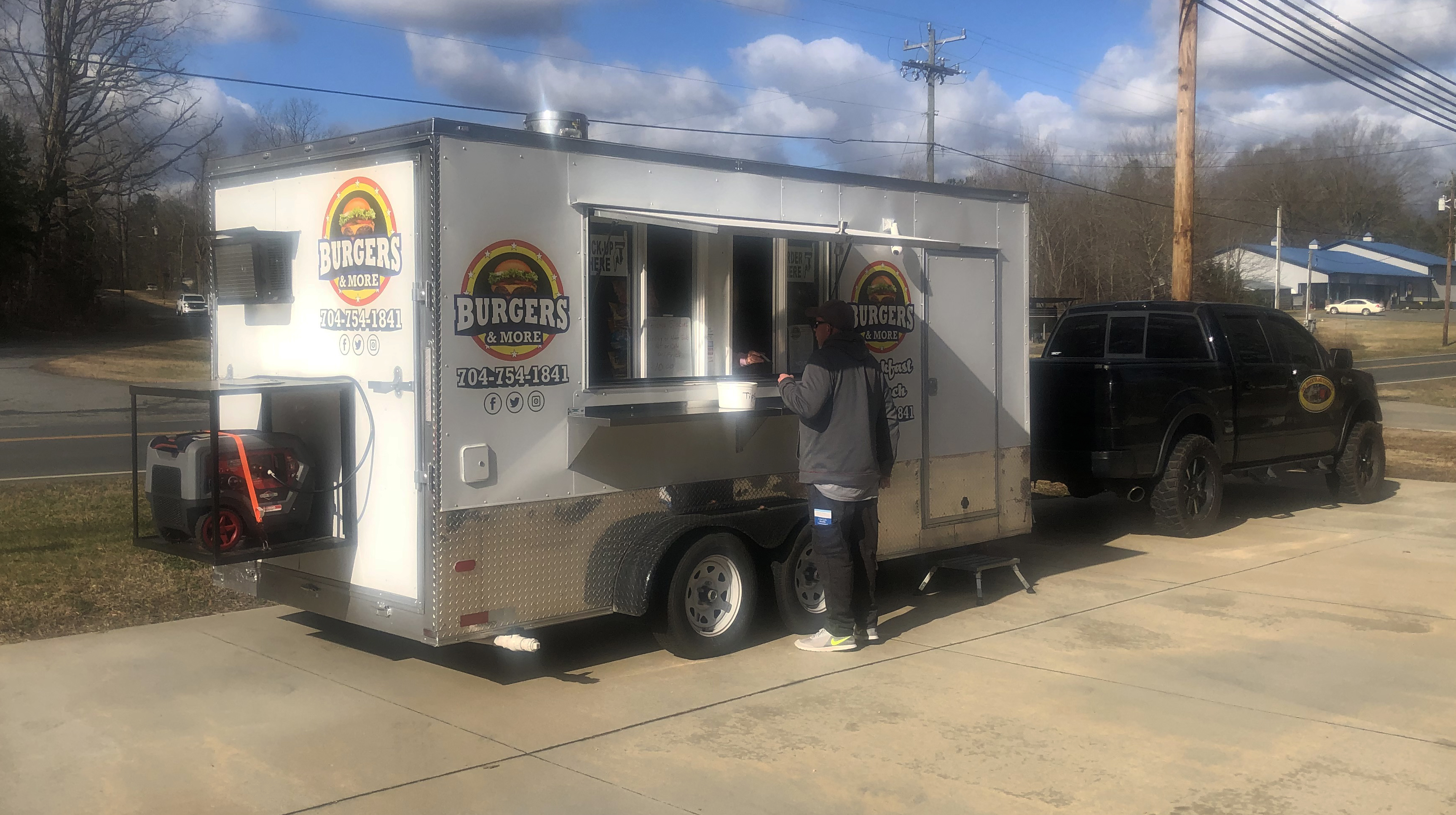Sweet Potatoes Restaurant owners publish cookbook
Published 12:00 am Wednesday, September 21, 2011
By Deirdre Parker Smith
dpsmith@salisburypost.com
Obviously we have been missing something in downtown Winston-Salem’s funky arts district.
It’s Sweet Potatoes Restaurant. Even though I haven’t made it there yet, I’m now convinced it will be a good experience.
Why? Because Stephanie L. Tyson, the chef, has written a much asked-for cookbook, “Well, Shut my Mouth: The Sweet Potatoes Restaurant Cookbook.”
The best thing about this cookbook is that Tyson had the good sense (or is it audacity?) to put the dessert section first.
Now, I’ve read plenty of dessert cookbooks, but never a multisection cookbook that comes right out and tempts you with Banana Pudding with homemade vanilla cookies and Sweet Potato-Cranberry-Pecan Cake with Brown Sugar and Bourbon Cream Cheese Icing. Whew-eee!
Tyson writes, “My grandmother was ninety-three years old when she died, and to that day, she always ate dessert first. I’m thinking, Not a bad idea. So here are desserts first.”
That’s a very comforting way to start a cookbook, but, as with all good cookbooks, there’s a story behind all the good food.
Stephanie Tyson and partner Vivián Joiner certainly earned their stripes to get to this point. Stephanie, who grew up in the South in the ‘60s, faced all the prejudice you’d expect for a young black woman. Vivián grew up in Washington, D.C., a world apart but not so different.
Vivián writes in the foreward that they learned their lessons in childhood. “Work for what you want. If you are going to do something, do your best. …
“We knew it would not be easy — and believe me, not one phase of this journey has been.”
After they traveled a lot, Vivián sometimes working as a restaurant manager and Stephanie sometimes as a cook, they ended up like Dorothy, thinking, “There’s no place like home. There’s no place like home” and came back to Winston-Salem.
They HAD been through a whirlwind experience — different jobs, no jobs, different flavors, different people, familiar prejudices. They decided to become their own bosses because they were tired of their talent going unrecognized.
And, as Stephanie writes, once you own a small restaurant, everyone wants a cookbook to go along.
Explaining she is “as Southern as eating dirt,” Stephanie has a varied background. Her grandmother, Ora Porter, was the cook she learned from. Before she came full circle, back to the food that nourished her soul, Stephanie went to the American Academy of Dramatic Arts in New York City, where she had about as much success as your average unknown black woman. “I did basic stuff like summer-stock productions of Showboat. But at some point, you can only play this Queenie person for one summer, and then it starts to get a little irritating, wearing that rag on your head.”
She met Vivián in Washington, D.C., and decided to go to culinary school, where she did well and renewed her love of her grandmother’s cooking.
After she and Vivián moved to Arizona and Key West (they liked the vibe but not the price) and other places, home beckoned, and the opportunity and idea for the restaurant, the first one in Winston-Salem’s new arts district, bloomed.
It needed lots of fertilizer, in the form of cash, and sun, in the form of acceptance and approval of the idea of a legitimate restaurant on Trade Street, plus the sweat of good, honest work. The doors eventually opened in January 2003.
Sadly, Stephanie’s father died the week of the opening, but they forged ahead, she writes: “It is very important never to lose sight of your intent. But it is equally important to never lose sight of your humanness. That was a lesson I learned the hard way.”
That said, they found themselves with an eager audience of hungry people and were happy to serve them.
They have an important ethic in hiring people who are down on their luck or out of prison but committed to changing their lives.
The ones who aren’t committed, Stephanie says, don’t last long. Lots of folks have come and gone, and many have moved on to more successes. If a bad apple turns up, they toss it and move on.
What matters at the restaurant, they say, is a feeling of community — people talking to folks at the next table, asking what they ordered, taking a taste. There are no TVs, and the music you hear is always jazz.
“The thing that we here in the South have in common is food — fried green tomatoes, candied sweet potatoes, fried chicken,” Stephanie writes. “When we break bread together, the barriers are lowered for at least a moment, and all things seem possible. That is the art of eating Southern.”
Oh, and in case you are wondering, there is a Salisbury connection in the cookbook: Cheerwine-Glazed Country Ham, on page 88.
Stephanie will be at Literary Bookpost at 7 p.m. Tuesday, Sept. 27, for a signing and cooking demonstration. Deal Safrit promises food and drink and “mirth will fill the shop.”





